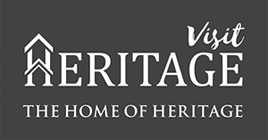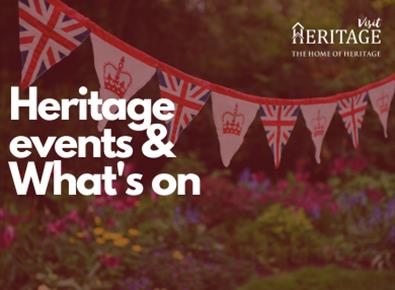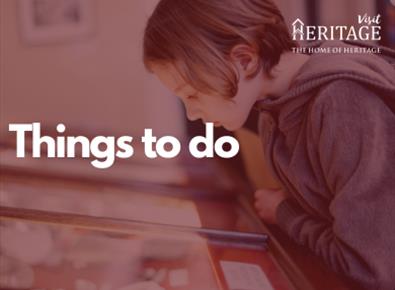What’s in a name? That which we call a rose, by any other name would smell as sweet… This line from Shakespeare raises some interesting questions, what is in a name? Where do our names come from and why do we have them? Here is a brief history of British surnames.
In Britain, like most of Europe, people will have a given name that is provided to them at birth and a family name or surname. In England, these are more commonly known as last names and according to historians, they were not in wide use until after the Battle of Hastings in 1066, when Norman barons began to introduce surnames. At that time, surnames were descriptions, such as Thomas son of John or relating to that person’s job. As such, they were quite fluid and would change over time, depending on changes in jobs and locations. By around the 1400 most English and Scottish families had adopted the use of a surname or family name that would become hereditary.
Today there are as many as 50,000 different surnames in use across Britain, that are all derived from trades, place names or descriptions, as they would have been hundreds of years ago.
From the 1400s onwards new surnames became to form, especially as more people began to navigate the globe. Many Irish, Welsh and names from the Scottish highlands derived from Gaelic personal names and only really began to be used as surnames after the 1530s.
Your surname likely has origins in either your ancestor's jobs or location. Some common names like Smith – the most common of all surnames comes from an Anglo-Saxon word, smitan, which means to strike or smite. Smithcraft covered all kinds of jobs from Blacksmith to Goldsmith to Shoesmith, these workers would typically work in a Smithy – another common nickname you’ll recognise. Other names that come from trades or occupations include Fletcher, Wright, Turner, Cook and Taylor.
Here are some of the UK’s most common surnames and where they derived from.
Chapman – someone who sold goods at a market
Baxter – a female baker
Walker – someone who worked in the wool making process
Stringfellow – someone who made strings for bows
Davies/Davis – derived from David’s son
Fitz – from the French phrase fils de which means son of, it was commonly given to illegitimate children of the nobility, for instance Henry Fitzroy was the illegitimate son of Henry VIII
Coward – someone who worked as a cow herd
Townsend – someone who lived at the end of town
You might wonder why there are so many Smiths and Jones’ around. Well, smithing was a very popular job and historically, Welsh surnames derive from an ancient patronymic naming system – basically every child took on their father’s name as their surname, often connected with Ap or Ferch, which came from the Welsh for son or daughter. At one time, it wasn’t uncommon for an individual to have a name like Llewellyn ap Thomas ab Dafydd ap Evan ap Owen ap John. The change from patronymic to fixed surnames meant that there was a limited stock of names to choose from in Wales, which led to names like Powell (from ap Hywel). The most common method for creating English-like surnames in Wales came from adding an ‘s’ to the end of a name, creating Jones, Williams, Davies and Evans.
Did we unlock the history of your surname? Let us know, you can get in touch with us on Facebook, Twitter and Instagram.
Related
Comments
Comments are disabled for this post.

.png)


 to add an item to your Itinerary basket.
to add an item to your Itinerary basket.







